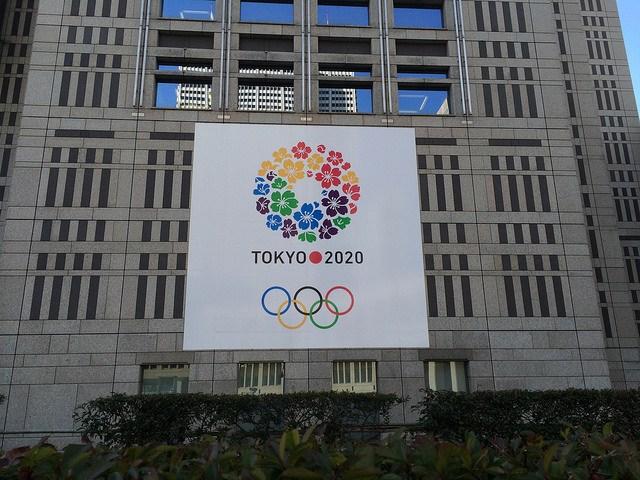
The Summer Olympics in Rio de Janeiro may have just concluded, but the organizing committee for the next Summer Games in Tokyo has plenty of work to do before the opening ceremony kicks off on July 24, 2020. One task is procuring the materials needed to make the medals for the 324 competitions scheduled across 33 sports. Traditionally, Olympic cities receive donated metal from mining companies in order to mint the gold, silver and bronze medallions. But according to Nikkei Asian Review, the 2020 medals could be derived from electronic waste (often referred to as e-waste).
The Nikkei report estimates that small consumer electronics such as smartphones included 315 pounds (143 kgs) of gold, 3,451 pounds (1,556 kgs) of silver and 1,112 pounds (2,452 kgs) of copper, the material used in part to mint bronze medals. Contrast that amount with the metals used to produce the 2012 London medals: 21 pounds of gold, 2,668 pounds of silver and 1,543 pounds of copper.
Japan’s voracious appetite for consumer electronics contributes to what a university study says is its citizens’ disposal of 2.2 million tons of e-waste annually. The Nikkei report claims that the amount of precious metals found in Japan’s total electronic waste, or “urban mine,” is equivalent to the country holding 16 and 22 percent of the world’s total gold and silver reserves, respectively. Therefore, a group of Olympic organizers, government officials and businesses leaders met earlier this summer in Tokyo to find ways to ramp up e-waste collection and therefore help contribute to a more sustainable event that expects to host 12,000 athletes and hundreds of thousands of visitors four years from now.
If the Tokyo Games’ organizing committee can follow through on its commitment to source materials for the event’s medals from the recycling waste, it would follow a strong precedent set by this year’s Games in Rio. That city’s organizers claimed that 30 percent of the materials used for the silver and bronze medals awarded during the Rio Games were from recycled metals. Rio 2016 also claimed that the gold used to mint those games’ gold medals was extracted without the application of mercury. The ribbons from which the medals dangled contained materials in part manufactured out of plastic water bottles. In addition, the wood cases that winning athletes received for storing their medals was certified by the Forest Stewardship Council.
The amount of materials from e-waste needed to make these medals should not be too hard to find in Japan, as the country passed a law in 2009 that made it mandatory for companies to recycled home appliances and electronics. Manufacturers such as Panasonic are tasked with collecting these items, so many of these firms have built their own recycling centers to dismantle and reprocess unwanted products. Nevertheless, estimates suggest that only 24 to 30 percent of all e-waste in Japan is recycled, so there is still a huge amount of room for improvement.
Considering Japan’s citizens disposed an average of 38 pounds (17.3 kgs) of electronic waste per capita in 2013, there should be plenty of low-hanging fruit for Tokyo’s organizing committee to follow through on its promise for an "eco-friendly" event with more responsible materials in its medals. But as is the case in many countries, it is not too easy for consumers to drop off unwanted electronics and household goods at recycling centers in Japan. Hence, this promise to include e-waste in the 2020 medals offers an opportunity for the Japanese government and the private sector to find new and innovative ways to extract precious metals from waste instead of extracting them in dirty mines abroad.
Image credit: Andrew Mager/Flickr

Leon Kaye has written for 3p since 2010 and become executive editor in 2018. His previous work includes writing for the Guardian as well as other online and print publications. In addition, he's worked in sales executive roles within technology and financial research companies, as well as for a public relations firm, for which he consulted with one of the globe’s leading sustainability initiatives. Currently living in Central California, he’s traveled to 70-plus countries and has lived and worked in South Korea, the United Arab Emirates and Uruguay.
Leon’s an alum of Fresno State, the University of Maryland, Baltimore County and the University of Southern California's Marshall Business School. He enjoys traveling abroad as well as exploring California’s Central Coast and the Sierra Nevadas.














